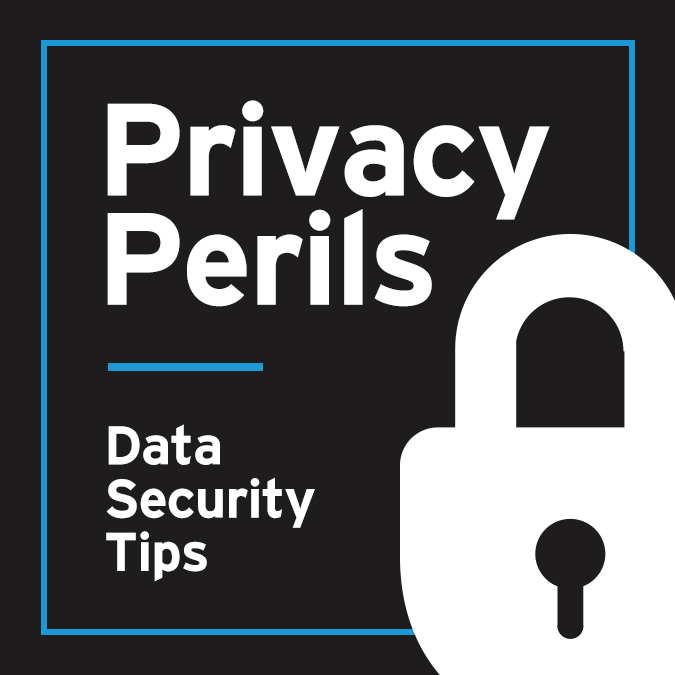Many people have thoughtfully gathered information on the location of their bank accounts, deeds, lock boxes, safe combination, car title (and keys), investment accounts, check books, and other assets to make handling their affairs less burdensome for their survivors. This type of inventory also allows the departed to convey their wishes for the disposition of their assets.
However, precious few have left information on the location of their digital assets. These electronic files may be even more difficult to locate after one’s death, as there may be no record of even the existence of those assets, much less the type, volume or location. From irreplaceable photos to Quickbooks financial records to genealogy chronicles to an extensive video and music library to the secret recipe for grandma’s famous casserole, today we store massive amounts of precious information in the cloud, on portable storage devices, on our laptops, and even on our tablets and phones. These assets may be lost forever unless location and access information is available to your estate administrator.
Even if you remember to provide a list of that information and its location, it may all be for naught if you forget to leave your device or account passwords. For instance, you won’t want the balance in your PayPal or Amazon accounts to become lost in the ether. If you only access your bank accounts online without receiving paper bank account statements, and neglect to provide account login information, your executrix may be extremely inconvenienced trying to access and inventory the account, and make payments for ongoing monthly bills. Moreover, absent the login information, your executrix may be unable to determine which of your ongoing creditors are paid by automatic monthly account draft, and therefore unable to confirm the automatic debits are correct or, when appropriate, cancel those accounts no longer needed (e.g., social organization dues; newspapers and periodicals; internet / cable television / cell phone service; etc.).
Likewise, your executrix will be responsible for cancelling your driver’s license, and advising governmental agencies such as the Social Security Administration (your Social Security number) and the U.S. Department of State (your passport number), about your death. However, she can’t cancel your Facebook, Twitter, Snapchat or other social media accounts if she doesn’t know about it or how to access it.
Certainly you should not compromise the security of your devices or accounts by “over-sharing” your passwords. However, providing data access information, or at least directions to the location of those passwords, to a trusted family member, friend or advisor may save your executrix and beneficiaries weeks of effort trying to obtain that information after your death. Or even prevent the loss of the data entirely.
So do your loved ones a favor – prepare a detailed inventory of all your valuables, including your digital riches, and regularly update the inventory as your electronic treasury grows and your login information changes.
Take your secrets to the grave, not your data.
 Check out our series, Privacy Perils, to learn what steps you can take to guard your personal and company data. For more information about this topic and other cyber security concerns, please contact a member of our Privacy & Data Security team.
Check out our series, Privacy Perils, to learn what steps you can take to guard your personal and company data. For more information about this topic and other cyber security concerns, please contact a member of our Privacy & Data Security team.


